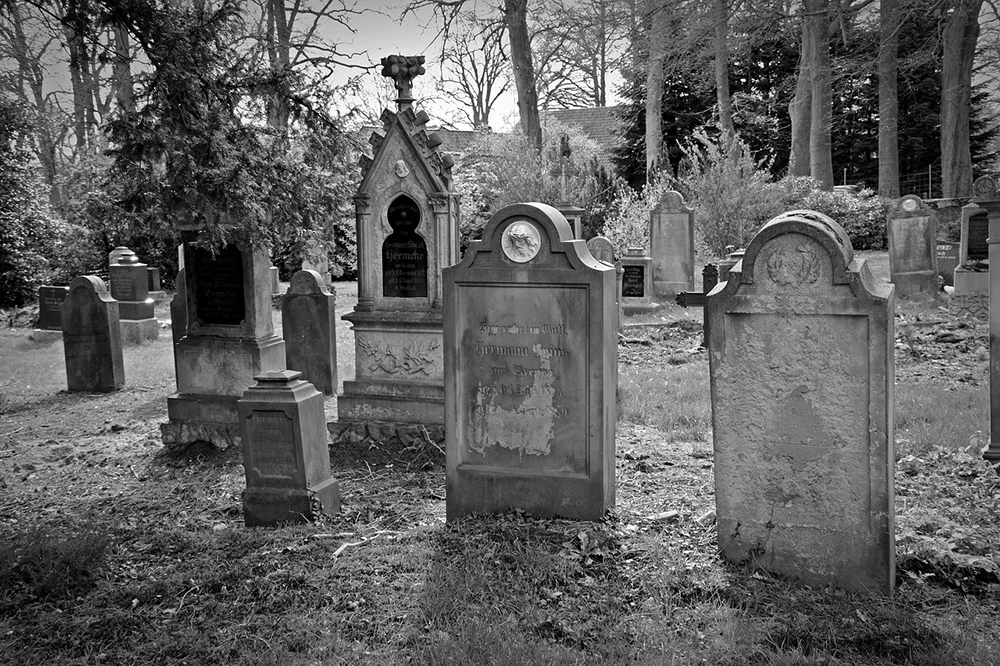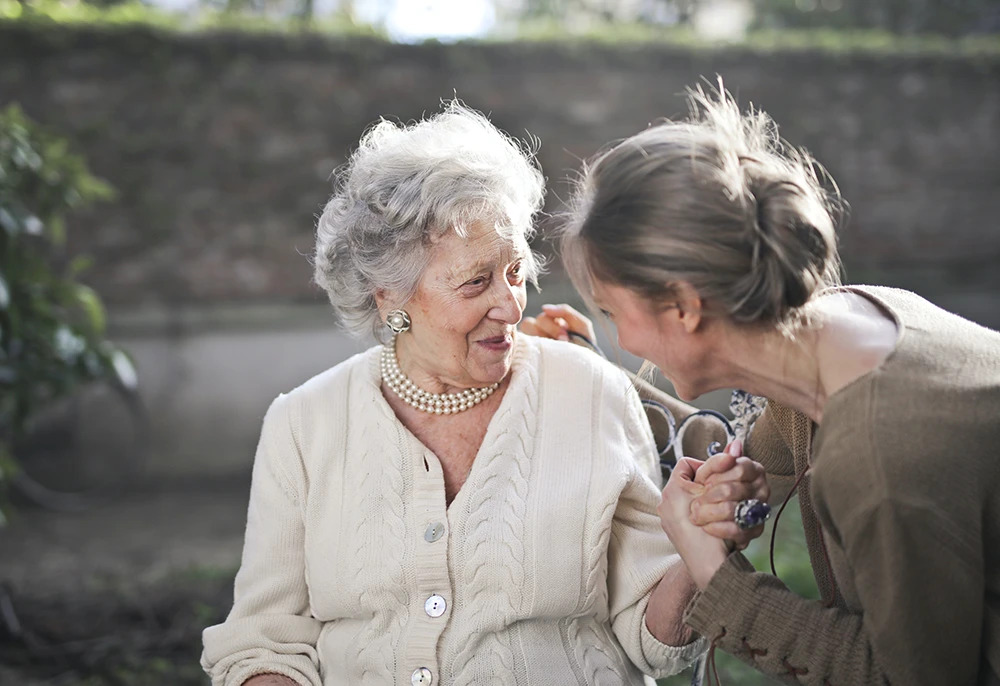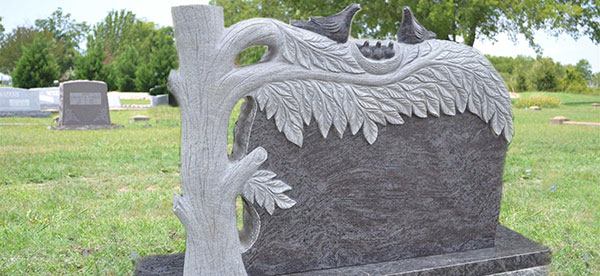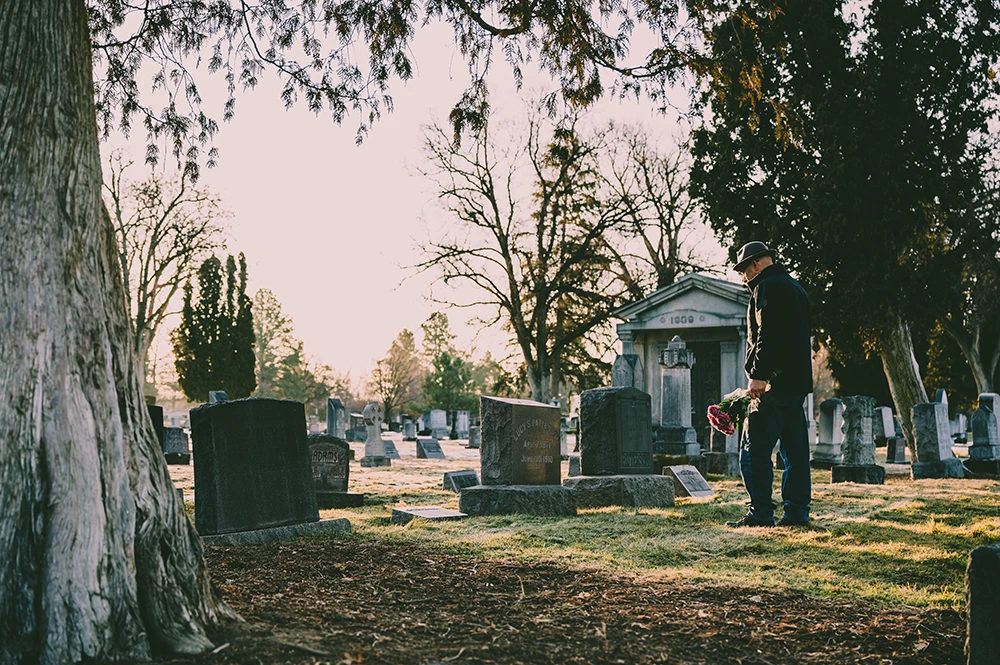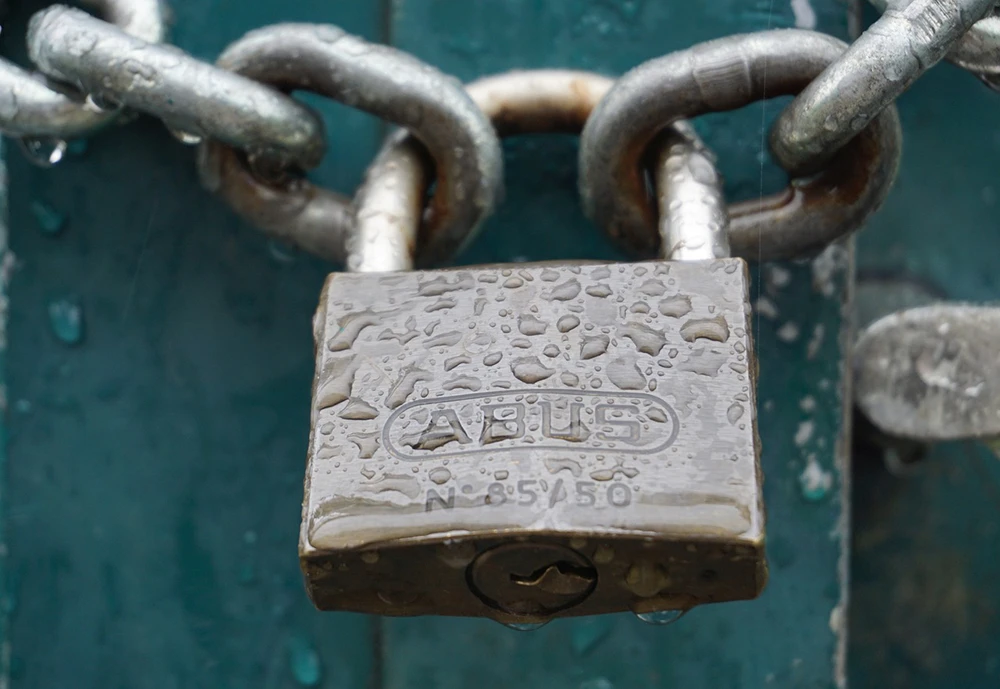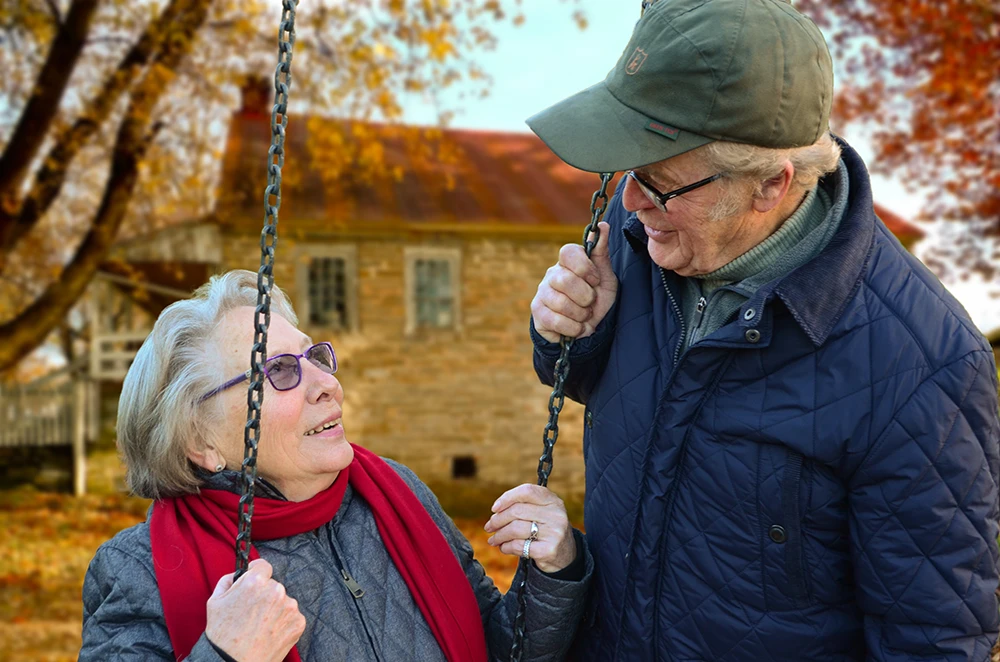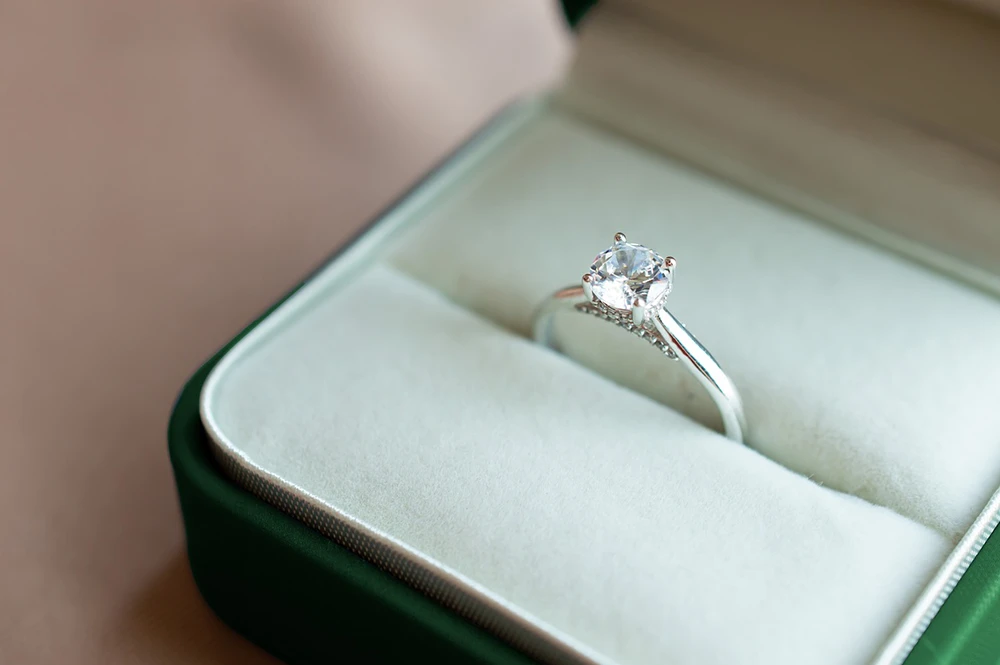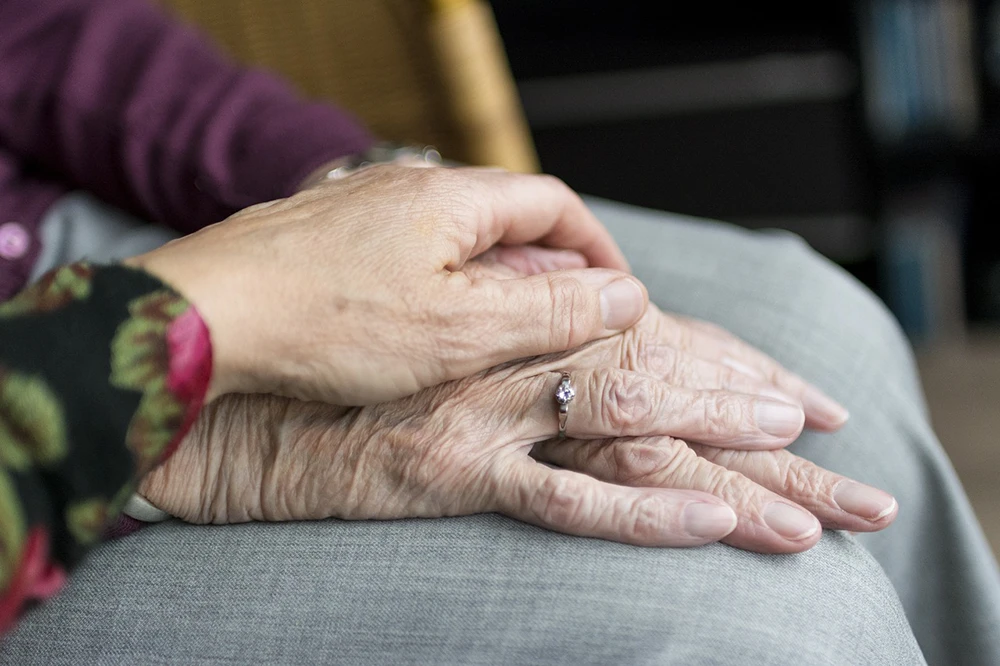Planning for the events surrounding after your death may be a scary thought, however it is a very crucial part of life, and if plans are created after you are gone, it can tremendously help make the process easier to deal with for your family.
Too many times are wills and other document left uncompleted, making the estate shares hard to decipher in terms of what goes where, and which person receives which property or items.
Understanding the process of estate planning, as well as completed all the necessary fields, will make the transition from life to death smoother in the case of stress.
You can rest easy knowing your property is going to the people you appoint, and not blindly chosen.

What Is Estate Planning?
Although some may think estate planning deals with what happens after a person dies, this is only a small fraction of what estate planning covers.
In fact, estate planning works as a set of plans that work towards organizing the several things that go into creation and disposal of a person’s estate.
This usually consists of several “levels” of importance, with the main areas being wills, trusts, power of attorney choosing, and deposit box choosings.
Knowing what these entail, and what the best method is in dealing with them, can help you save both time and money in the long run.
Estate Planning In Depth
The first thing to deal with in an estate will likely depend on how you want it organized, but typically a will is the first thing dealt with.
A will is a testimony of what goes where, and who the recipients are of chunks of your estates. If you create one early enough, you will be able to insure the right people are getting parts of your estate, and not the wrong hands.
Through a will, beneficiaries are chosen, who receives what, and a executor is chosen to oversee the transactions.
Guardians are also chosen for underage children or minors, in the case that you were a parent or legal guardian.
This will then commence probate, or the process in which a will is validated in court, in which your executor will try to validate the will. Once a will is crafted, you can pick trusts that will work towards a relationship with a settler, or the one who takes care of your assets.
This process helps in transferring money to the heir to your fortune, whether they be children or other family.
Once a trust is established, you should find a Power of Attorney who will act on your behalf, organizing the estate to a way you would see fit.

